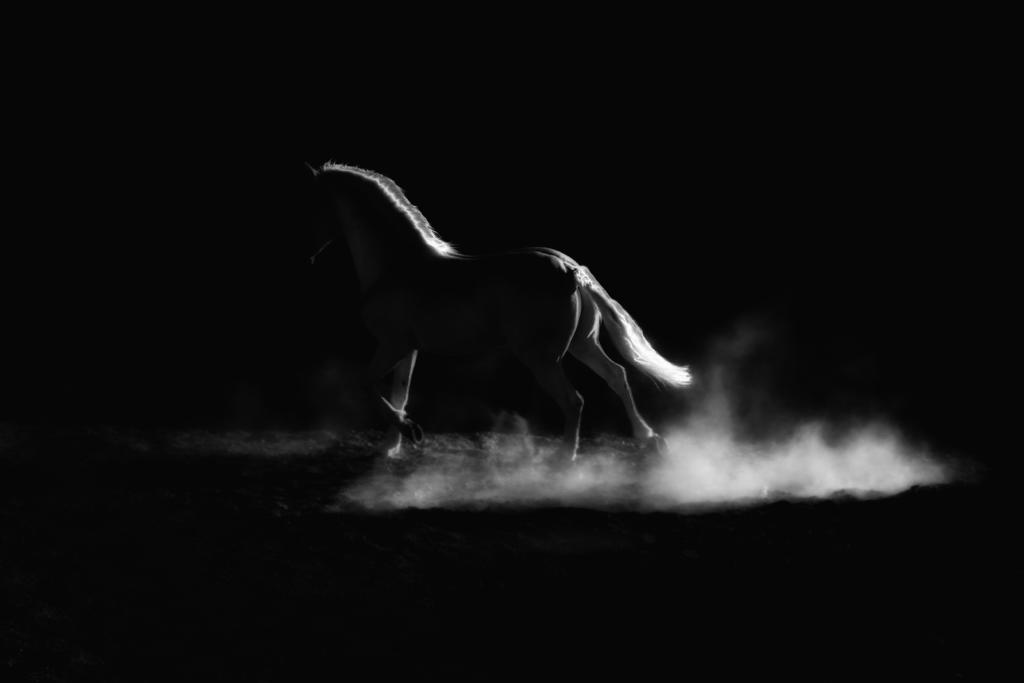
Katy Perry is the latest pop superstar to be ruled by a court to have infringed another’s copyright.
Copyright arises automatically when you record your ideas in a tangible form and enables you to prevent other people from copying the expression of those ideas. In this instance, the copyright infringement claim is in relation to her hit song “Dark Horse”. The song, released in 2013, hit number one in Canada, the Netherlands and the United States and reached the top 10 in almost 20 other countries, including the United Kingdom. The copyright infringement claim, which took place in the US, was brought by rapper Flame in relation to his 2009 Christian rap song “Joyful Noise”. It was ruled by the Los Angeles court that Katy Perry copied the song, despite Katy denying having ever heard the song or Flame himself.
The jury found that the beat and the riff at the centre of “Joyful Noise” were original enough to be copyrighted and that “Dark Horse” infringed that copyright. “Dark Horse” sold more than 13 million copies worldwide and Katy Perry has been ordered to pay $550,000 dollars of her own earnings from the song to Flame. The total damages are just shy of $3 million, most of which will be borne by Katy’s record label, Capitol Records.
It was only earlier this year that Katy Perry made headlines for asking up and coming Norwegian singer Dagny for permission to sample her song “Love You Like That” – Dagny gave Katy permission to sample the song and Katy went on to release her number one single “Never Really Over”, which sampled Dagny’s “Love You Like That”. This kind of due diligence is essential to minimise the risk of a copyright infringement claim. Dagny’s permission will act as a licence for Katy to use the song without infringing her copyright.
Katy Perry, is of course, not the first singer to who has had to deal with copyright law; Ed Sheeran had to address copyright issues – particularly in relation to his songs “Photograph” and “Thinking Out Loud”. Oasis, Coldplay, the Beach Boys, Mark Ronson and Led Zeppelin, to name a few, have all reportedly had to deal with copyright infringement claims. In December 2018, the copyright infringement case involving Robin Thicke and Pharrell Williams’ song “Blurred Lines” came to a close, which resulted in a $5 million pay-out to Martin Gaye’s family for copyright infringement of Gaye’s 1977 song “Got to Give It Up”.
In the UK, copyright law is governed by the Copyright, Designs and Patents Act 1988 and original musical works, which are recorded in some way, are protected under the act; sound recordings are also protected. The general rule is that the creator or author of the work is the owner of the copyright, therefore unless there is an agreement to the contrary, it is typically the producer of the song that is deemed the owner of the copyright in UK law – there is the possibility of joint ownership but it depends on how the work was created.
Copyright is everywhere you look and our intellectual property team is experienced in advising on the issues which copyright owners face, including infringement, licensing, evidencing , ownership, assignments and secure storage of materials.
